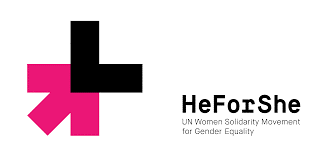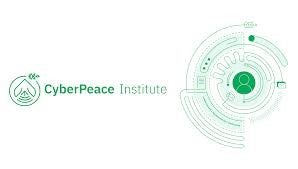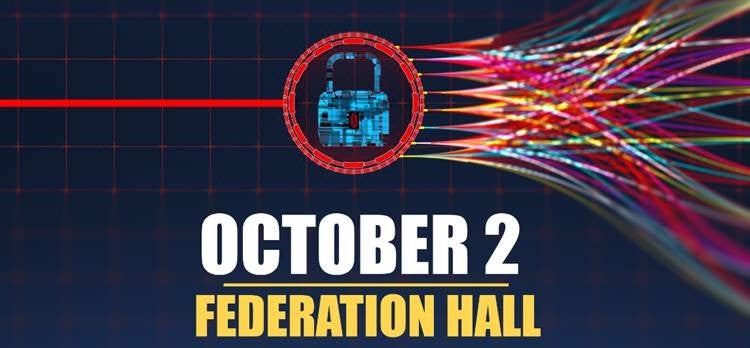By Paul Heidebrecht

On September 26, the annual HeForShe IMPACT Report was released at the United Nations in New York City. “Being a HeForShe Champion has been about action and long-term, sustainable change that supports grassroots efforts to empower our entire university community,” said UWaterloo President Feridun Hamdullahpur, a global university HeForShe champion in the report. “This has resulted in more women in leadership positions, more women who are tenured professors and more women entering into STEM disciplines at the University of Waterloo.” Unfortunately, research into what the world really thinks about the UN Sustainable Development Goals indicates that the drive to secure gender equality ranked as one of the lowest priorities among the global public.

Also on September 26, the CyberPeace Institute was launched in Geneva, Switzerland. As noted in Microsoft’s On the Issues blog, this effort “fills a critical need for cyberattack victims.” Their mission “is to enhance the stability of cyberspace” by working “to decrease the frequency, impact, and scale of cyberattacks by sophisticated actors that have significant and direct harm on civilians and/or civilian infrastructure.” The Executive Board of the CyberPeace Institute includes Brad Smith, Microsoft President and co-author of the recently published Tools and Weapons: The Promise and Peril of the Digital Age; their Advisory Board includes Ron Deibert, the Director of The Citizen Lab in Toronto.

Certainly there are many faculty and students at the University of Waterloo who are interested in cybersecurity as well. An article in University Affairs on September 16 pointed out that “academia is playing a growing role in cybersecurity,” and singled out Waterloo along with Ryerson and the University of New Brunswick for “pursuing initiatives to train students and workers, support industry and safeguard our country’s critical infrastructure.” This capacity will be on display today as the Waterloo Cybersecurity and Privacy Institute hosts their annual conference, “Elevating Global Cybersecurity.” Glad to see they have included a “Tech for Good” session on how to infuse ethics into digital technologies, featuring Marcel O’Gorman, Director of Waterloo’s Critical Media Lab.
This is also a big week for peace activists, as on Friday morning at 5:00 AM EDT we will learn the winner of the 2019 Nobel Peace Prize. A whopping 301 candidates have been nominated, including 223 individuals and 78 organizations.
Finally, there has been a flurry of headlines over the past few weeks highlighting the implications of new technology for

warfare. For example, on September 7, The Economist warned that ”Artificial intelligence is changing every aspect of war.” More recently, Gwynne Dyer pondered the troubling implications of “The democratization of airpower” in a September 30 Op Ed in The Hill Times (since republished in several other papers). So I am looking forward to joining in a “Policy Lab” on the future of warfare that Project Ploughshares is organizing at the Balsillie School of International Affairs on Monday, October 7—watch for a report next week!